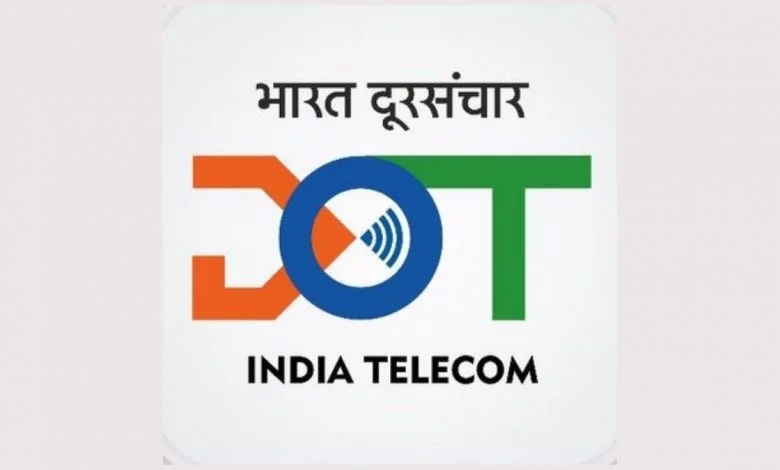Frequently Asked Questions (FAQs) on Telecom Reforms Package

A number of queries have been received on the issue of a few Telecom Service Providers exercising their options in respect of conversion of certain dues to Government into equity as per the Telecom Reforms Package announced on 15th September 2021.
- Is government paying to acquire the shares of any Telecom Service Provider?
No. The government is not paying anything to acquire the shares of any TSP. Certain dues payable by some of the TSPs are being converted to equity/preference capital in these Companies based on options exercised by them as per the Telecom Reforms Package announced on September 15th 2021.
- Then how shares are being acquired in three companies?
The telecom sector has gone through a long period of litigation. As a result, all the telecom companies have high amounts of liabilities that have arisen due to various legacy issues. These legacy issues have put the Indian telecom industry under stress.
The telecom sector is vital for our society, especially so in the post-Covid scenario. Therefore, government-approved many structural and procedural reforms in September 2021.
As a part of these reforms, the TSPs were given the option to convert some certain interest liabilities owed to the government into equity/preference shares in favour of the government.
While some companies have opted not to convert their liabilities into equity/preference shares, three companies have exercised the option of converting liabilities into equity/preference shares. They have offered this option to the government in lieu of their liabilities.
Government can sell these shares at appropriate times and thereby receive the amounts due.
- Will this make these three companies PSU?
No. These three companies will not become PSUs. These three companies will continue to be managed as professionally run private companies.
- What will be the impact on telecom industry & common man?
The Telecom industry needs to stay healthy and competitive. The government’s reforms and support in times of such pandemics mean that companies will be able to sustain their business.
It will also stop a scenario where there are very few players in the market. Such potential lack of competition could lead to higher prices & poor services. Enough competition in the market safeguards the interests of the common man.
With the conversion of liabilities into equity/preference shares, the sector has got back the ability to invest and provide better services. Companies also retain the ability to invest so that telecom services can reach far-flung areas.
- What steps have been taken by NDA government to revive BSNL?
MTNL and BSNL had been systematically weakened in the past as they were not allowed to upgrade technology. As a result, these two PSUs lost market share and are burdened with a debt of about 59,000 Cr.
The government has taken multiple steps to ensure the survival of these PSUs. Government-approved a package worth Rs 70,000 Cr to revive and grow BSNL and MTNL.
Government efforts have resulted in the development of Indian 4G and 5G technologies. BSNL is in the final stages of the 4G POC. The government has allocated funds for BSNL to acquire the 4G spectrum also. All these steps have enabled BSNL to survive through the highly competitive phase. Government support is now helping BSNL to provide high-speed internet services to more than 20 Lakh households.
Unlike the past, the present government is transparently working to ensure that affordable telecom services are reaching the poorest households.








